In a world where emojis sometimes replace words, mastering the art of reading and literacy has never been more crucial. Imagine wielding the power to unlock the minds of young readers, turning reluctant bookworms into passionate storytellers. A Master’s in Reading and Literacy isn’t just a degree; it’s a superhero cape for educators ready to transform lives one page at a time.
Table of Contents
ToggleOverview of Masters in Reading and Literacy
A Master’s in Reading and Literacy focuses on developing advanced reading instruction techniques. Educators gain skills to assess and enhance literacy in diverse student populations. Various programs emphasize evidence-based strategies for teaching reading, integrating technology, and understanding literacy development across different age groups.
Curriculum components often include literacy theory, curriculum design, and instructional leadership. Participants may study how to create inclusive learning environments that support all learners. Coursework typically covers phonetics, reading comprehension, and literacy assessment tools.
Graduates find numerous career opportunities after completing this degree. They may pursue roles such as literacy coaches, reading specialists, or curriculum designers. In addition, many take on leadership positions within educational institutions, influencing literacy policies and practices.
Enrolling in a Master’s program provides educators with an enriching experience. They learn to implement effective reading interventions and foster a love of literature among students. By developing strong literacy skills, these educators can significantly impact student learning outcomes and lifelong reading habits.
This degree not only elevates teaching practices but also empowers educators to shape future generations. By choosing a Master’s in Reading and Literacy, educators become equipped to address the evolving literacy challenges present in today’s classrooms.
Benefits of Pursuing a Masters in Reading and Literacy

Pursuing a Master’s in Reading and Literacy offers numerous advantages that directly impact educators and their careers. This degree equips individuals with the tools to foster a love for reading among students while enhancing their own professional trajectories.
Enhanced Career Opportunities
Career advancement often follows the completion of a Master’s in Reading and Literacy. Graduates can pursue roles such as literacy coaches, reading specialists, and curriculum designers. These positions not only provide increased earning potential but also enable educators to influence literacy practices at various educational levels. Many graduates step into leadership roles, contributing to policy reforms within schools and districts. Opportunities exist in diverse educational settings, including public and private schools, non-profit organizations, and educational consultancies.
Development of Specialized Skills
Specialized skills development is another key benefit of the program. Educators learn effective reading instruction techniques, assessment strategies, and instructional leadership methodologies. This expertise allows them to tailor approaches to meet the needs of diverse student populations. Creating inclusive learning environments forms a significant part of the curriculum, preparing graduates to address literacy challenges effectively. These skills enhance their ability to implement targeted interventions and support all learners in achieving literacy success.
Curriculum Overview
The Master’s in Reading and Literacy program presents a structured curriculum designed to enhance educators’ skills in fostering literacy among diverse student populations. Each component plays a crucial role in this transformative educator journey.
Core Courses
Core courses form the backbone of the program, focusing on essential topics like literacy theory, curriculum design, and instructional leadership. Educators delve into advanced reading instruction techniques, gaining insight into literacy assessment methods. Many courses emphasize developing inclusive learning environments. Participants engage in practical applications of literacy strategies in both classroom and community settings. Graduates emerge equipped to implement effective reading interventions tailored to various learning needs, enhancing their ability to support all students in achieving literacy success.
Elective Courses
Elective courses offer flexibility, allowing educators to explore specific areas of interest within literacy education. Options often include digital literacy, children’s literature, and critical literacy studies. Such courses deepen understanding of emerging literacy trends and their implications for teaching. Many educators choose electives that align with their career goals or address specific challenges in their local contexts. This tailored approach creates opportunities for specialized knowledge, empowering graduates to influence literacy practices and policies in their respective educational environments.
Accreditation and Program Options
Accreditation plays a crucial role in ensuring the quality of a Master’s in Reading and Literacy program. Recognized accrediting bodies, such as the Council for the Accreditation of Educator Preparation (CAEP), evaluate programs based on established standards. Attending an accredited institution assures graduates receive training that meets professional educational standards.
Online vs. On-Campus Programs
Flexibility characterizes online programs, making them convenient for working educators. These programs often feature asynchronous courses, allowing students to balance studies with work responsibilities. On-campus offerings promote face-to-face interaction, fostering collaboration among peers and instructors. Live discussions enhance engagement with course material, enriching the overall learning experience. Both formats offer quality education, enabling students to pursue their goals based on personal preferences and life situations.
Notable Institutions Offering the Degree
Several institutions stand out for their robust Master’s in Reading and Literacy programs. The University of Georgia provides a comprehensive curriculum focusing on literacy intervention strategies and assessment techniques. Johns Hopkins University emphasizes research-based practices, preparing educators to effectively address diverse literacy needs. Additionally, Texas A&M University offers unique electives like bilingual literacy, catering to educators working in diverse classrooms. These respected schools help shape the future of literacy education through innovative and effective programs.
Career Paths After Graduation
Graduates of a Master’s in Reading and Literacy open doors to various career pathways that significantly impact education. The degree equips educators with the necessary skills to enhance literacy outcomes.
Educational Roles
Reading specialists provide targeted instruction to struggling readers, implementing tailored interventions. Literacy coaches collaborate with teachers to develop effective reading strategies, fostering a culture of reading within schools. Curriculum designers focus on creating engaging literacy programs that align with educational standards, ensuring a comprehensive approach to student learning. Teacher leaders advocate for literacy practices, influencing classroom instruction and driving positive change within the school culture.
Research and Development Positions
Research coordinators evaluate literacy programs, collecting data to ascertain effectiveness. Instructional designers develop innovative resources and materials that enhance teaching methodologies. Policy analysts assess literacy-related policies, contributing valuable insights to shape future educational initiatives. Educational consultants offer expertise to schools, guiding them through program improvements and literacy interventions. Each role provides opportunities to influence literacy practices beyond individual classrooms, contributing to systemic change in education.
A Master’s in Reading and Literacy equips educators with the essential tools to make a lasting impact on students’ lives. By mastering advanced reading instruction techniques and assessment strategies, graduates can effectively address diverse literacy needs.
This program not only enhances career opportunities but also empowers educators to lead initiatives that foster a love for reading. As they step into various roles such as literacy coaches or curriculum designers, they become pivotal in shaping literacy practices and policies.
Ultimately, pursuing this degree is a commitment to nurturing future generations of readers and storytellers, ensuring that the love of literature thrives in an ever-evolving educational landscape.



